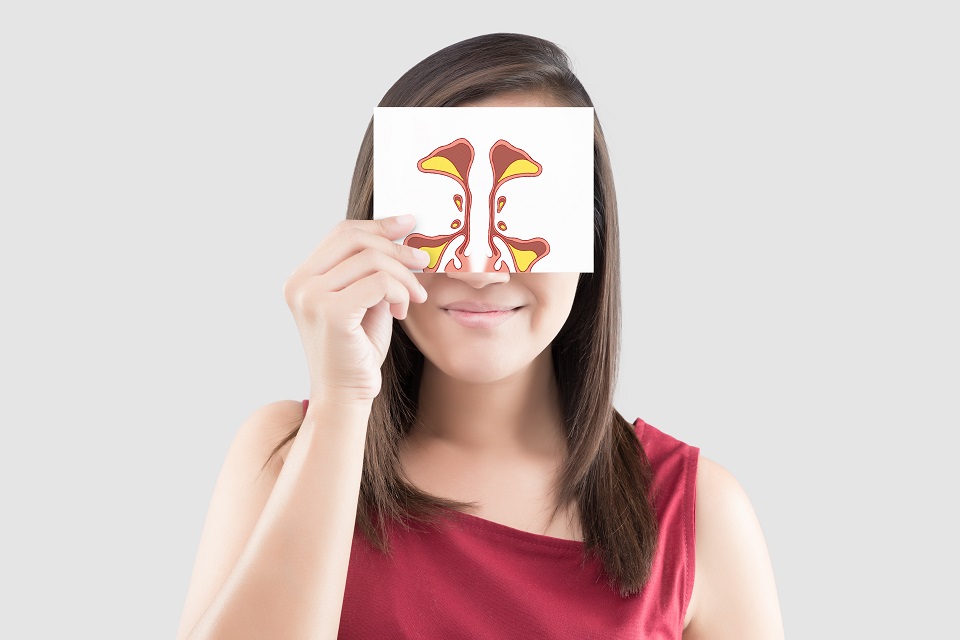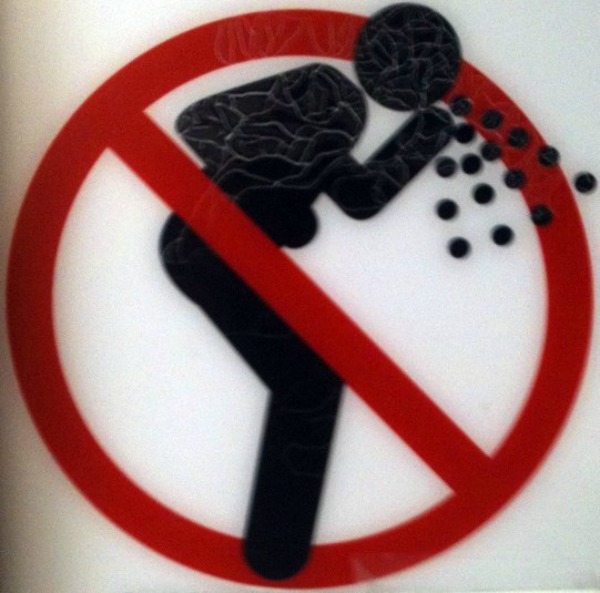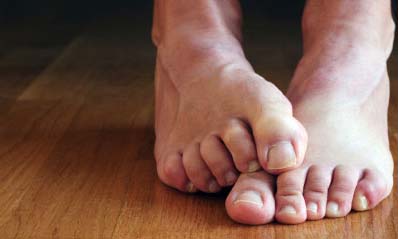
7. Nasal problems
Houtan Chaboki, MD, a facial plastic surgeon in Washington, DC, sees many patients with a deviated septum who can’t sleep or have chronic sinus conditions that lead to poor sleeping.
“Ideally, one should be breathing through their nose during sleep. For anyone who has nasal congestion, they cannot breathe through the nose and may snore, too. Patients with a deviated septum have worse symptoms during sleep due to gravity,” Dr. Chaboki says.
“Deviated nasal symptoms can occur naturally from genetics, or occur after injury. Patients may try allergy medication, but often need nasal surgery such as septoplasty or rhinoplasty for adequate nasal relief and better sleep,” he adds.

























